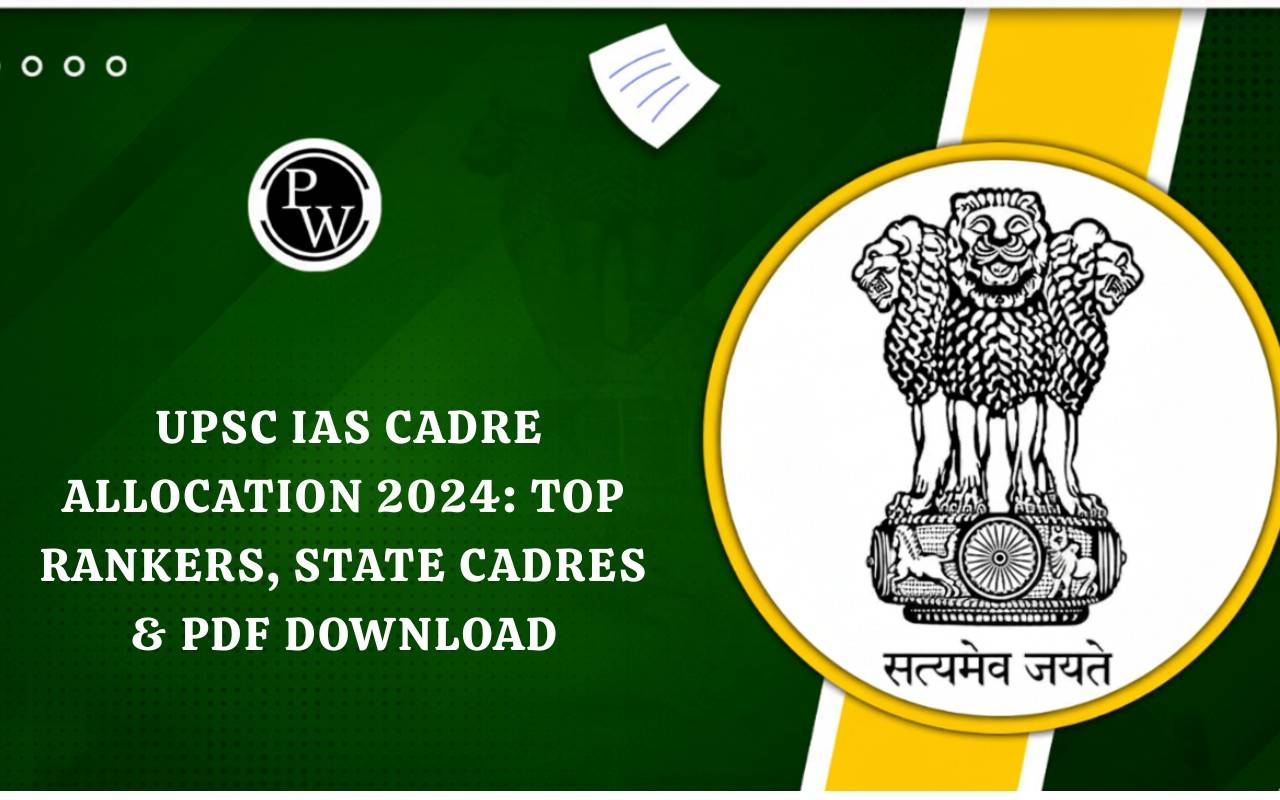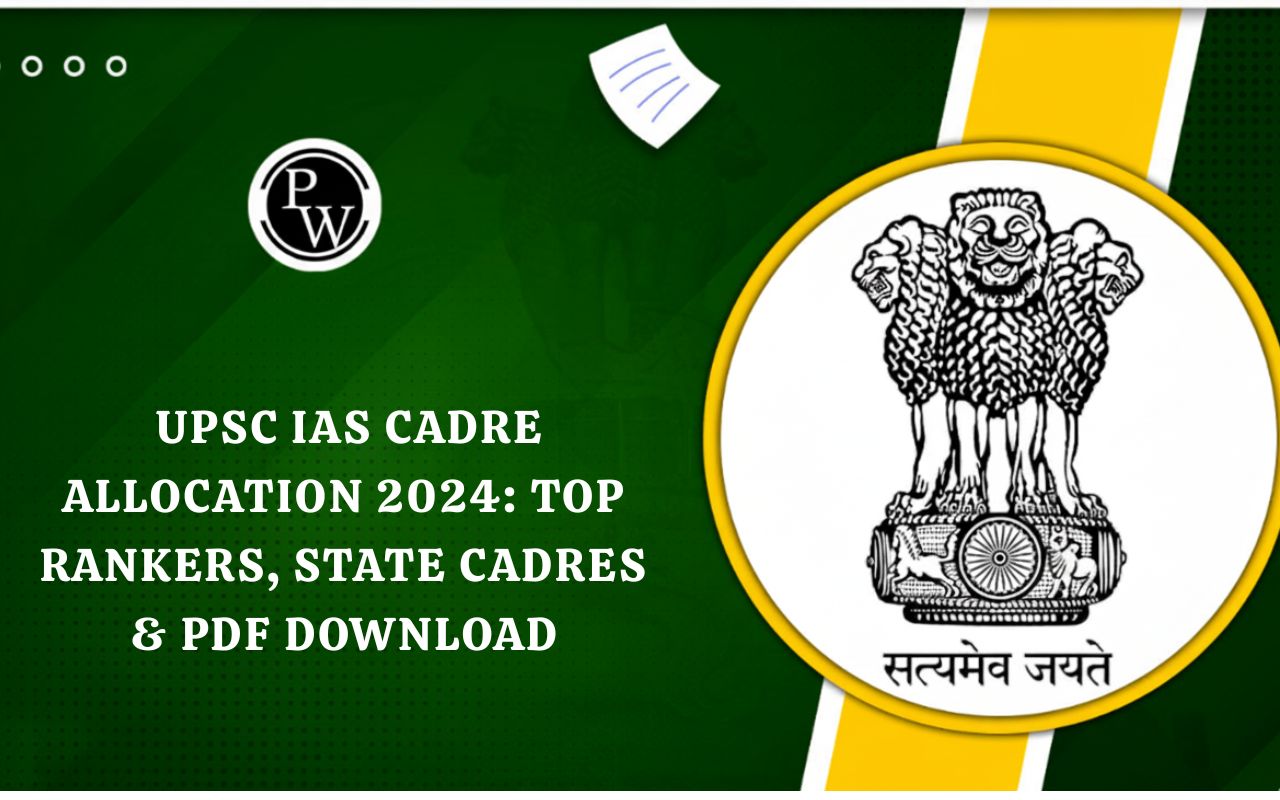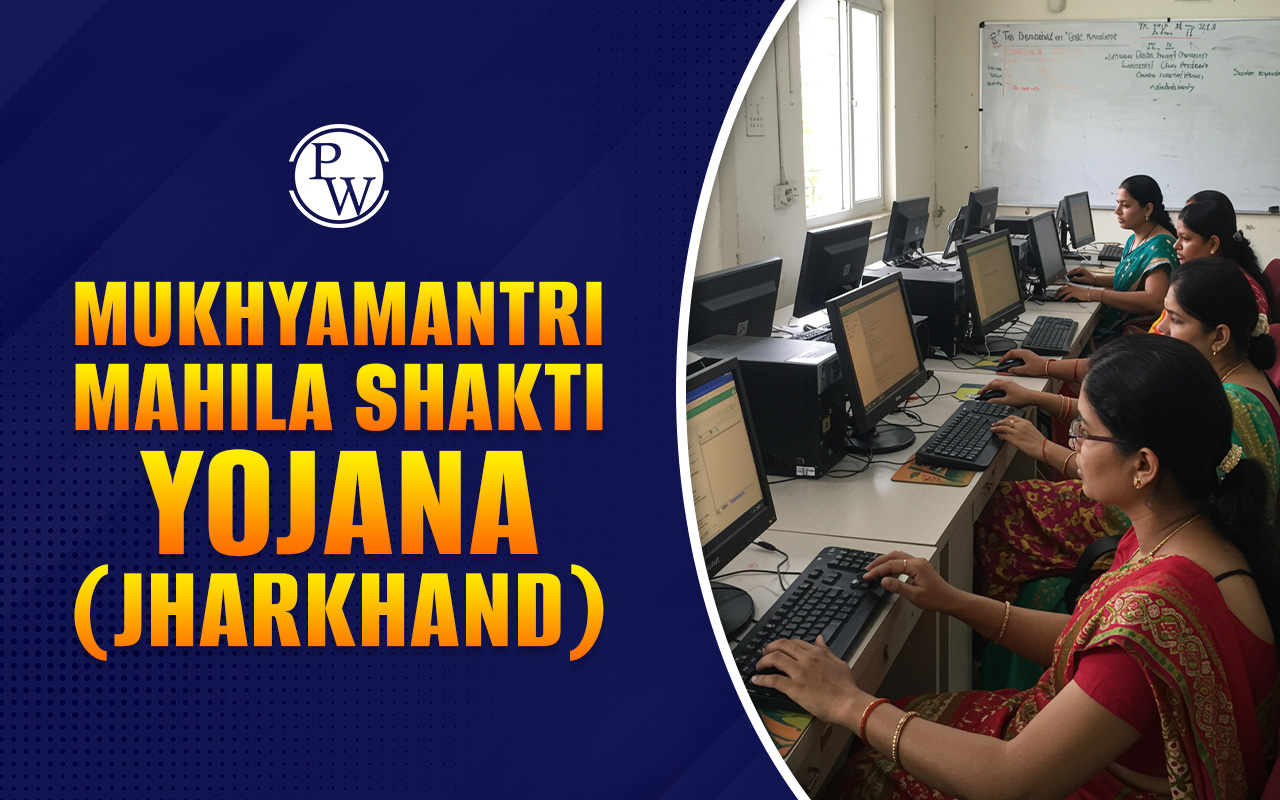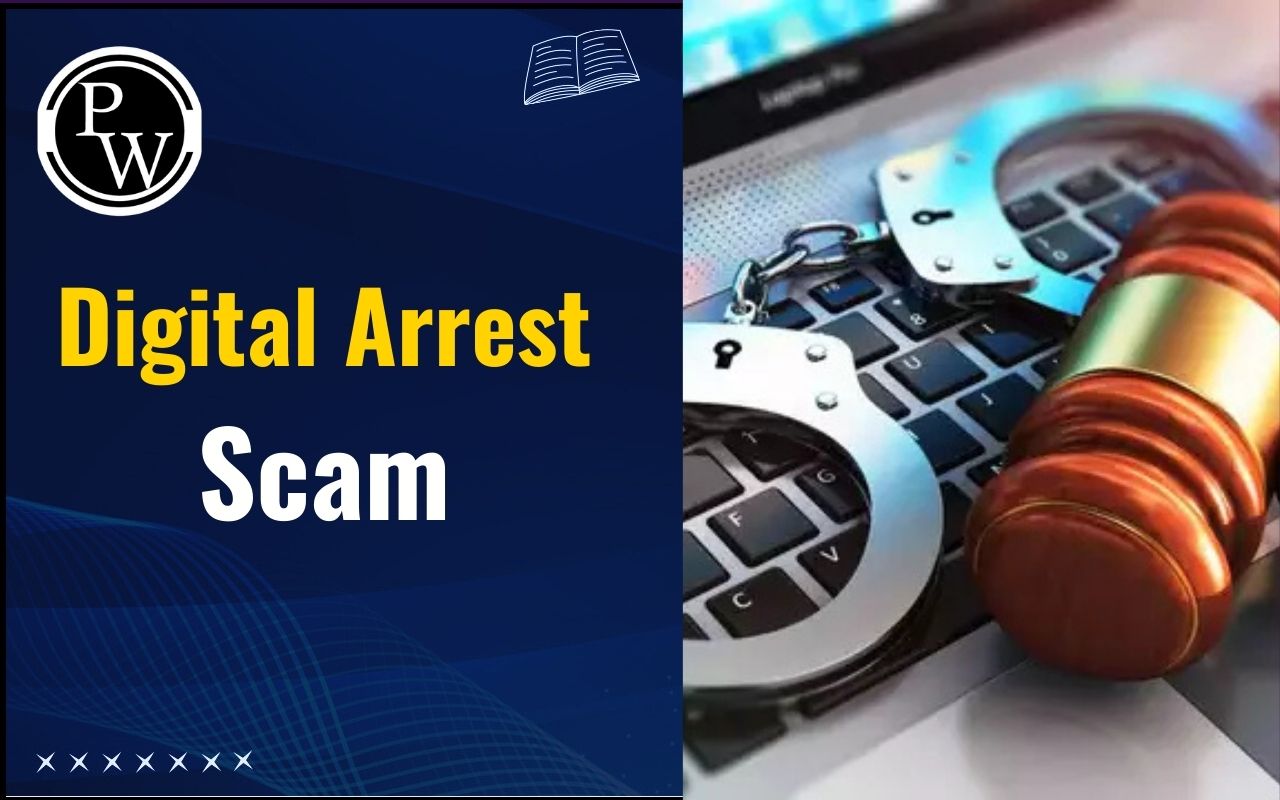
Role of Civil Service in Democracy: The civil service is the backbone of democratic governance, working behind the scenes to ensure policies reach the people fairly and impartially. Civil servants uphold the rule of law, maintain stability, and serve as a bridge between elected representatives and citizens.
Understanding the role of civil service in democracy is essential for UPSC aspirants, as it forms the basis of governance and public administration in India. Keep reading to learn about the role of civil service in democracy, the relationship between civil services and democracy, and more.Relationship Between Civil Service and Democracy
In any democracy, elected leaders set policies, but civil servants are the ones who implement them. They ensure that government decisions are executed impartially and effectively, maintaining public confidence in democratic systems. Here’s how civil services uphold democracy:- Acting as a Bridge: Civil servants connect the government and the people, ensuring policies designed to improve lives reach the grassroots.
- Upholding Rule of Law: Civil services maintain stability, enforce laws fairly, and protect individual rights, ensuring equality and justice.
- Ensuring Continuity: Regardless of political changes, civil servants ensure that the administration functions smoothly, reinforcing democracy’s stability.
- Improving Services: Civil servants can bring innovative solutions to problems. They streamline service delivery, adapt successful policies from other places, and enhance the quality of public services and governance.
- Supporting Equality: Civil servants work to ensure that government policies are fair and address the needs of everyone, especially marginalized groups, for a healthy democracy.
Constitutional Framework For Civil Services in India
The civil services in India operate within a constitutional framework that establishes their duties, rights, and responsibilities. Articles 308 to 323 o f the Indian Constitution outline the provisions regarding civil service, highlighting the structure, recruitment, and regulations that govern civil servants in India. The following articles in the Indian constitution are related to the role of civil service in democracy:| Constitutional Framework For Civil Services in India | |
| Article | Description |
| 308-323 | Governs the regulation of civil services and posts under the Union and States. |
| 309 | Empower Parliament and State legislatures to regulate recruitment and service conditions. |
| 310 | Civil servants hold office at the pleasure of the President or Governor. |
| 311 | Provides procedures for the dismissal, removal, or reduction in rank of civil servants. |
| 312 | Allows for the establishment of All India Services common to both Union and States. |
| 323A | Provides for the creation of tribunals for resolving disputes related to civil services. |
Role of Civil Service in Democracy
Civil services in India have a wide range of powers and responsibilities, essential for a smooth-running democracy. Civil servants are responsible for executing policies, administering public services, maintaining law and order, and advising ministers on important matters.The functions of civil service in a democracy include:
- Policy Implementation: Civil servants bring policies from paper to reality, working across various sectors including health, education, environment, and infrastructure.
- Public Service Administration: They manage programs like healthcare, employment schemes, and social services, ensuring that citizens benefit from government initiatives.
- Law and Order Maintenance: Civil services oversee law enforcement agencies, managing crime prevention, and public safety, which is fundamental for a well-functioning democracy.
- Advisory Role: Senior civil servants provide valuable policy advice to ministers, influencing crucial decisions for public welfare.
- Development Planning : Civil servants play a key role in planning and implementing development projects, aiming to improve infrastructure, create jobs, and enhance the quality of life for citizens.
- Revenue Collection and Resource Management: Civil servants in departments like Income Tax, Customs, and Excise play a key role in resource mobilization, ensuring the government has the funds required for development activities.
Key powers of civil service officials:
- Executive Authority: Civil servants like IAS can enforce laws and implement policies. They issue directives and oversee departmental activities to ensure effective policy implementation.
- Discretionary Powers : Many administrative decisions require civil servants to exercise discretion. For instance, they can decide how to best utilize resources or prioritize specific programs based on local needs.
- Quasi-Judicial Powers: Certain civil servants, such as District Magistrates and Regional Commissioners, hold quasi-judicial authority. They can make legal decisions regarding land disputes, public safety, and local law enforcement issues.
- Investigative Authority : Civil servants, particularly in departments like Revenue (IRS), Police (IPS), and Anti-Corruption, have investigative powers. They can conduct inquiries, summon individuals, and gather evidence.
- Regulatory Power: Regulatory powers allow civil servants to monitor compliance with laws and regulations across various sectors. For instance, Pollution Control Board officers ensure environmental standards adherence.
Challenges Faced by Civil Service Officers
Despite their critical role, civil servants face several challenges that can hinder effective governance. Understanding these challenges is essential for aspiring officers who may encounter similar issues in their future roles:- Political Interference: Political pressure sometimes impacts civil servants' independence, challenging their neutrality and impartiality.
- Corruption and Ethical Dilemmas: Corruption, both within and outside the system, presents ethical challenges that compromise effective service delivery.
- Bureaucratic Delays: Outdated processes can delay decision-making, affecting efficiency and public perception of the government.
- Resource Limitations: Lack of adequate resources, especially in rural areas, restricts the ability of civil servants to implement policies fully.
- Public Scrutiny: Due to increased awareness through social media, citizens demand more accountability, putting civil servants under continuous pressure to perform.
Way Forward
Strengthening the civil service to meet modern democratic needs requires reforms that address its challenges. To enhance effectiveness, the following Civil Services reforms are recommended.- Training and Capacity Building: Enhance training programs like Mission Karmayogi to equip officers with skills for modern governance, including digital literacy, crisis management, and ethical decision-making.
- Technology Integration : Promote digital tools to reduce bureaucratic delays and streamline processes, making administration faster and more transparent.
- Accountability Mechanisms: Strengthen internal and external accountability to reduce corruption and improve public confidence in civil services.
- Encouraging Innovation and Efficiency: Provide autonomy and encourage civil servants to innovate, leading to better resource management and service delivery.
| UPSC Related Articles | ||
| NCERTs for UPSC CSE | Mission Karmayogi | Newspaper for UPSC Exam |
| UPSC Mains Syllabus | UPSC Exam Analysis | UPSC Optional Subjects |
Role of Civil Service in Democracy FAQs
Which are civil services?
Civil services are government agencies responsible for implementing policies and delivering public services. Examples include the IRS, IAS, IPS, and local government offices like SDM.
What is the role of civil services in a democracy?
Civil services in a democracy implement government policies, maintain law and order, and ensure that democratic values are upheld.
What is the role of a civil servant in governance?
The main role of a civil servant in governance is to implement government policies and programs effectively. Civil servants administer public services, advise on policies, and ensure that government programs benefit society.
How does the civil service ensure democracy functions smoothly?
The civil service helps democracy run smoothly by carrying out government policies fairly, keeping law and order, and connecting the government with citizens, which builds trust and accountability.
What challenges do civil servants face in a democratic setup?
Civil servants face challenges such as political interference, bureaucratic delays, corruption, and high expectations for transparency and efficiency.
🔥 Trending Blogs
Talk to a counsellorHave doubts? Our support team will be happy to assist you!

Check out these Related Articles
Free Learning Resources
PW Books
Notes (Class 10-12)
PW Study Materials
Notes (Class 6-9)
Ncert Solutions
Govt Exams
Class 6th to 12th Online Courses
Govt Job Exams Courses
UPSC Coaching
Defence Exam Coaching
Gate Exam Coaching
Other Exams
Know about Physics Wallah
Physics Wallah is an Indian edtech platform that provides accessible & comprehensive learning experiences to students from Class 6th to postgraduate level. We also provide extensive NCERT solutions, sample paper, NEET, JEE Mains, BITSAT previous year papers & more such resources to students. Physics Wallah also caters to over 3.5 million registered students and over 78 lakh+ Youtube subscribers with 4.8 rating on its app.
We Stand Out because
We provide students with intensive courses with India’s qualified & experienced faculties & mentors. PW strives to make the learning experience comprehensive and accessible for students of all sections of society. We believe in empowering every single student who couldn't dream of a good career in engineering and medical field earlier.
Our Key Focus Areas
Physics Wallah's main focus is to make the learning experience as economical as possible for all students. With our affordable courses like Lakshya, Udaan and Arjuna and many others, we have been able to provide a platform for lakhs of aspirants. From providing Chemistry, Maths, Physics formula to giving e-books of eminent authors like RD Sharma, RS Aggarwal and Lakhmir Singh, PW focuses on every single student's need for preparation.
What Makes Us Different
Physics Wallah strives to develop a comprehensive pedagogical structure for students, where they get a state-of-the-art learning experience with study material and resources. Apart from catering students preparing for JEE Mains and NEET, PW also provides study material for each state board like Uttar Pradesh, Bihar, and others
Copyright © 2025 Physicswallah Limited All rights reserved.
Get App









